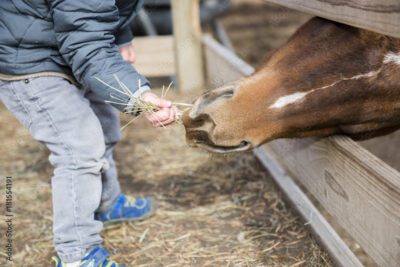By Christine Denise
Autism Mom and Contributing Writer for As You Are, a virtual clinic dramatically increasing access to early autism diagnostic services through the use of exclusively telehealth appointments
My husband and I thankfully have a very close relationship.
We’ve been together since we were teenagers.
We started out as friends, and remain each other’s best friend.
Raising a child with special needs, however, can test even the strongest of marriages, relationships or partnerships.
Many end in divorce or breakups.
There is a lot of marital advice out there that applies to parents raising special needs children – taking time to reconnect alone and spending money on respite care for your kiddo is definitely at the top of the list.
My husband and I should do that more often.
But my biggest piece of advice is paying attention to what is said during some of what may seem like the most insignificant or everyday moments.
We were driving home recently from a short trip to my husband’s family’s lake house.
It is pretty much the only place we can take our children and they all have a great time.
It’s the only place we go for vacation as a family because Louie somewhat knows what to expect and it isn’t a complete shock to him to adjust to a new environment for sleeping.
As we were driving home, our Louie began throwing a tantrum in the car.
He kept screaming the only sounds he knows how to make, which mostly sound like, “no, no, no.” He threw his iPad, his Assistive Communication Device, his water bottle and just about everything else we put in front of him.
My husband was driving and let out this big sigh and an expletive.
I tensed up and snapped at him for getting mad at our son.
“He’s just frustrated because he can’t tell us what he wants, and you need to understand, he’s higher functioning than a lot of other children with autism,” I told him.
“That’s not the point Christine. It’s not about how much more or less he can do than other kids. I’m not mad at him, I’m mad at the fact that he’s 9 years old and he still can’t tell us if he wants water,” he told me.
I sat there for a moment.
I had seen him get short with our Louie a few times during our vacation, grabbing his hand and walking with him a little too fast for my taste after Louie had just made a mess, or changing his pullup too quickly in my opinion and not letting Louie try to pull it up himself.
I felt myself starting to think my husband was getting mad at Louie for not being the little boy he expected him to be.
For not being typical.
But it couldn’t be further from the truth.
He’s mad because Louie is still making messes, still not communicating with us with any real continuity or consistency and still using pullups.
He’s mad that Louie can’t do these things at this point in his life.
But he’s not mad at Louie.
With our typical kiddos, he gets mad at them when they don’t listen. He gets mad at them when they get an attitude with us. He gets mad at them when they don’t put down their screens when we tell them too.
But it’s different.
He’s mad at them because they know better. Because they know how to be better. And because they know they shouldn’t be doing those things to us.
Louie doesn’t know he shouldn’t be dumping his food on the floor or only eating with his hands, or that he should be able to communicate with us or that he should be using the bathroom on his own.
Picking up on that subtle but meaningful difference in the way my husband expresses frustration with Louie vs. our neurotypical kids was an important thing for me to realize.
I, too, feel the same way.
I, too, am frustrated to see Louie struggle.
And that is a completely normal reaction.
That’s why it’s so important to do whatever it takes to remain on solid ground with your spouse or partner and really listen and observe what is said and what goes on during those sometimes everyday mundane moments where frustration can be misinterpreted.
They can be very telling.
And those are what best friends notice about each other.
Do you have questions about your child’s development? The team at As You Are provides useful autism screening and diagnostic evaluations for kids 16 months to 10 years old via telehealth appointments.
Disclaimer: I am not a medical professional. This is a sponsored blog post, but all opinions are my own.


















